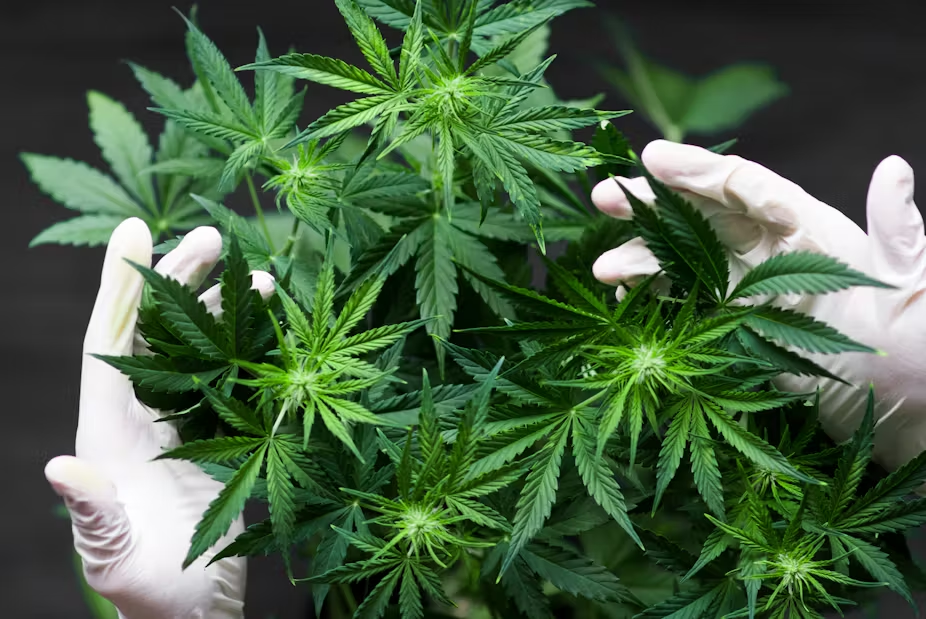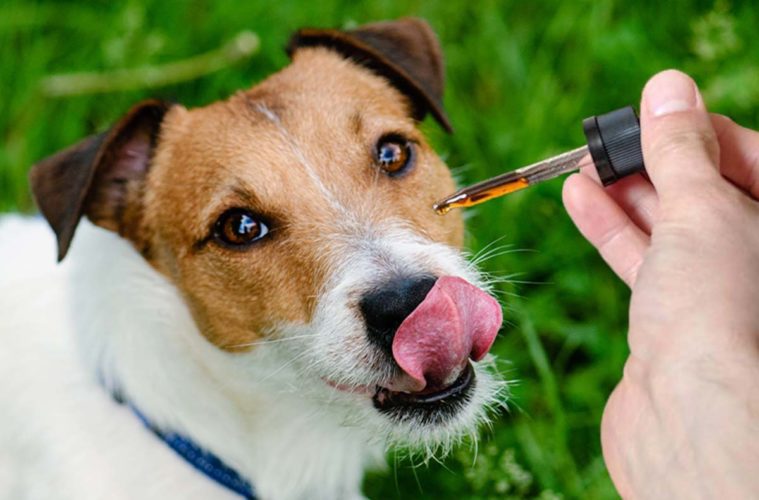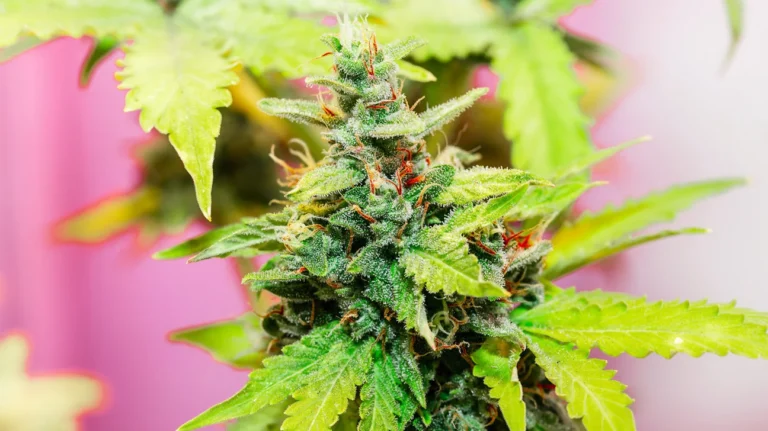What Does THC Do
THC, or tetrahydrocannabinol, is the most recognized compound in cannabis, known for its psychoactive effects. When consumed, it interacts with the body’s endocannabinoid system, a network of receptors and neurotransmitters that helps regulate key physiological functions. This interaction is what triggers the range of effects typically associated with cannabis, from the euphoric “high” to potential therapeutic benefits.
THC primarily affects the body by attaching to CB1 receptors found in the brain and central nervous system. This connection alters the release of neurotransmitters, influencing mood, perception, and cognition. As a result, users may experience feelings of euphoria, enhanced sensory perception, and a shifted sense of time. THC’s effects can vary, from stimulating creativity to promoting deep relaxation, depending on the specific strain and dosage.
THC offers more than just its psychoactive effects; it also provides therapeutic benefits. Many people use THC to manage pain, reduce nausea, and boost appetite, making it a common choice for those undergoing treatments like chemotherapy. Its influence on the endocannabinoid system helps reduce inflammation, which is particularly beneficial for individuals coping with arthritis or chronic pain.
The effects of THC extend beyond the physical, as it can also affect mental and emotional well-being. For some, THC provides relief from anxiety and depression by inducing a sense of calm. However, it’s important to understand that THC impacts individuals differently. While it may offer relief to many, higher doses can sometimes lead to increased anxiety or paranoia, particularly in those more sensitive to its effects.

THC influences memory and cognition by affecting the hippocampus, which is responsible for processing and storing new information. This can result in short-term memory impairment while the THC is active, though these effects usually wear off once the substance leaves the system. Some users may find these cognitive changes disorienting, while others embrace the altered state as a positive part of their experience.
In addition, THC is known for its sleep-promoting properties. Many people use THC to combat insomnia, as it can induce drowsiness and help users fall asleep more easily. This sedative effect makes it particularly beneficial for those dealing with sleep disorders or medications that interfere with their sleep cycles.
Understanding how THC works is important for both recreational and medical users. Its effects can be advantageous when used correctly, but starting with a low dose and adjusting based on personal tolerance is essential. Whether used for pain relief, sleep improvement, or recreational enjoyment, THC’s interaction with the endocannabinoid system is central to its growing popularity and ongoing research.






